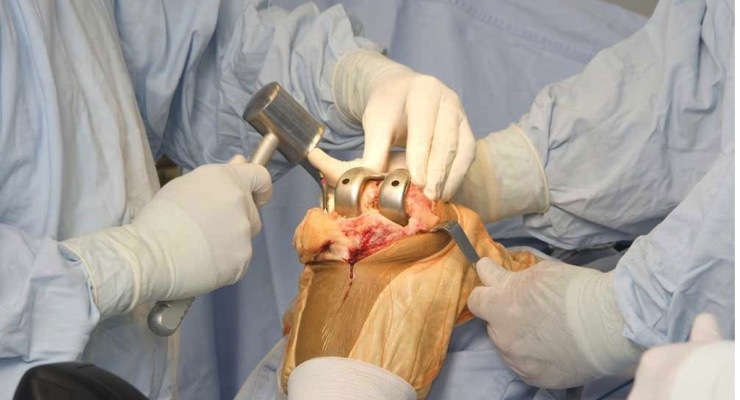
What to Expect in Knee Replacement Surgery?
Knee replacement surgery is one of the country's most prevalent bone surgery. It's a decision you and your doctor, an orthopedic surgeon, carefully make together whether you need the surgery. More than 90% of individuals who have substituted their knees see a tremendous increase in pain and their capacity to get around.
Preparing for surgery
Your surgeon will take your medical history and perform a physical examination that includes X-rays and possibly blood tests before you undergo surgery. Your doctor will use the X-rays to determine how the knee damage looks. The doctor will also want to see how powerful your knee's muscle support is and how well you can move the joint.
Tell your doctor what medicines you use, including blood thinners, aspirin, or other medicines, as with all surgeries. They will also need to understand if you have a history of blood clots, diseases, or bleeding. Before the surgery, you shouldn't eat for 8 hours.
During Surgery
Knee replacement surgery became more sophisticated during surgery. If you're healthy, it can be performed without a hospital stay as an outpatient procedure. If finished in the hospital, wait at least 1 to 4 days to remain in the hospital. Nurses may insert an intravenous line (IV) into a vein in your arm or hand just before surgery to provide you with liquids and medications. They must also shave your skin where the doctor makes the cut.
You may get general anesthesia during the surgery to put you in a profound sleep. Instead of giving you a spinal/epidural anesthesia, your doctor may decide to soothe you below the waist but maintain you awake. Most individuals are going to have general anesthesia.
It can take 1 to 2 hours for surgery. There are a few ways your doctor can do it. In the front of the knee, they could create an 8-to10-inch cut. Then the damaged portion of the joint and the thigh bone surfaces will be removed and shined next to the joint. Once this is done, the artificial knee will be implanted by the surgeon.
You may get what is called surgery that is "minimally invasive." The surgeon will create a smaller cut in this situation, approximately 4 to 6 inches. This will lead to less muscle and tendon harm. A thin, young and healthy person is usually a good candidate for this technique.
After Surgery
Within a day, you can expect to be on your feet. At first, it might be difficult to do that on your own. So you may need to get up for a while with parallel bars, crutches, a walker, or a cane. You can usually expect a lot of flexibility improvement and much less pain within a month. Exercising your knee frequently, keeping swelling down and strengthening your muscles is essential.
A physical therapist who will go through a sequence of exercises to reinforce your repaired knee may need assistance. How long physical therapy you will need depends on your health and how motivated you are to recover from your operation.


